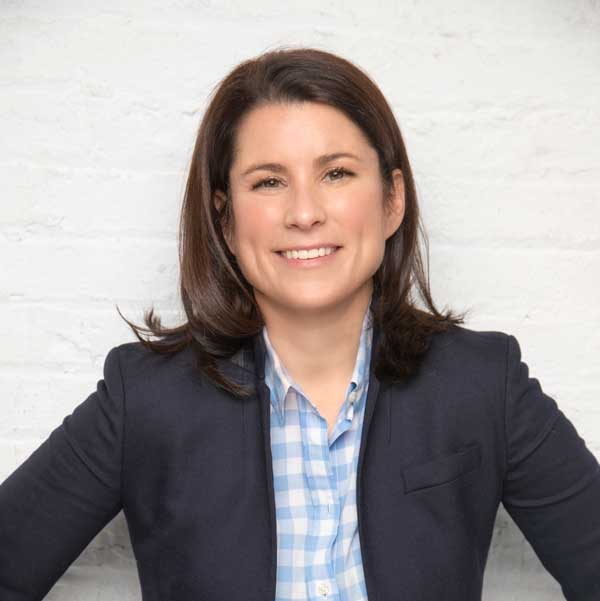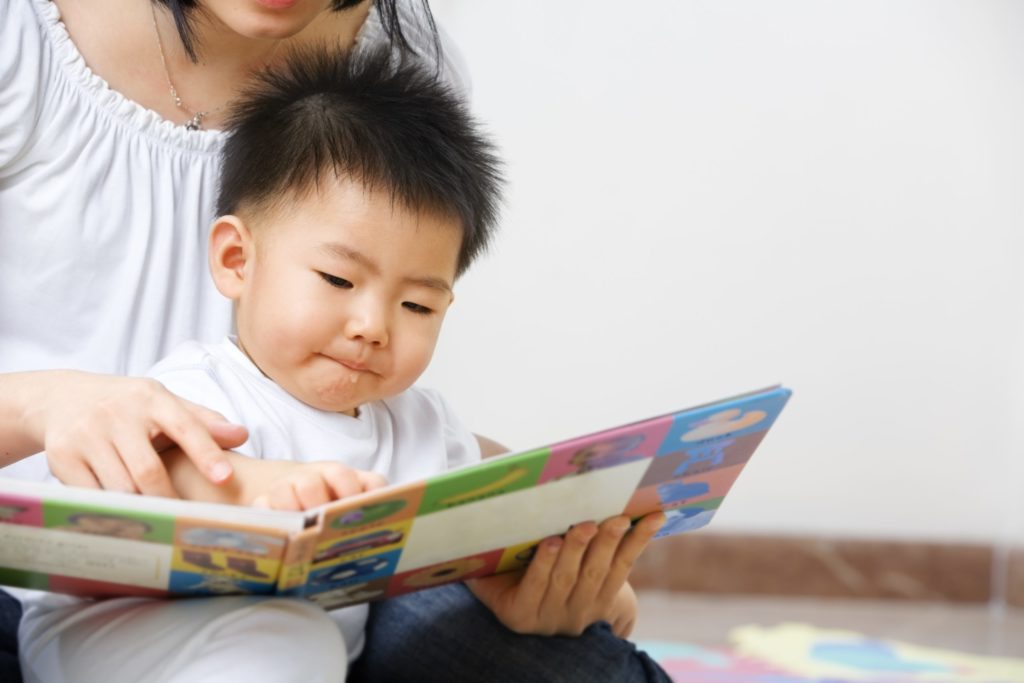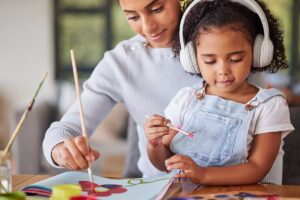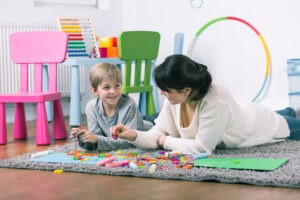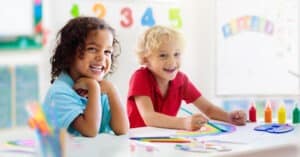Two-Year-Old Speech and Language Milestones
So much happens in the first two years of your child’s life. We know that all children grow and develop at different rates, but we also know developmental milestones can be helpful as markers of progress in a child’s physical, cognitive, and emotional development. They are a guide for what to expect as a child grows and can help identify potential delays that may need additional support. Here are some key speech and language milestones to look out for before your child turns three.
An increase in expressive vocabulary
At 2 years old, a toddler may have a vocabulary of around 50 words. Their language is characterized by a variety of word types, including nouns, verbs, adjectives, and pronouns.
Verbs are words that describe an action or state of being. Two-year-olds will typically have a small number of verbs in their vocabulary, such as “go,” “come,” “eat,” and “sleep.”
Adjectives are words that describe a noun or pronoun. Two-year-olds may have a limited understanding of adjectives, but may use words like “big” and “little” to describe things.
Pronouns are words that replace nouns, such as “I,” “you,” “he,” “she,” “it,” “we,” and “they.” Two-year-olds may use pronouns like “me” and “mine” to refer to themselves and their possessions.
When it comes to vocabulary development, the more words your child understands and uses, the more he or she can continue to learn about the world around them.
Two word phrases
Examples of phrases we often see at age two are “more milk,” “no cookie,” “mama go” and “dada up.” In order for toddlers to combine words, they must have a solid number of words and a variety of words. As your child’s language develops, they will be able to combine words in a novel way and use language to express their thoughts. While most children build their vocabulary by continually increasing the length and complexity of their phrases, there are children that are gestalt learners. Instead of learning the meaning of one word at a time, these children start developing language by memorizing whole phrases (Gestalt language acquisition). They then work backwards into learning the meaning of the words that make up those phrases.
Ability to articulate
Two-year-olds are approximately 50% intelligible to unfamiliar listeners. Intelligibility refers to the amount of your child’s speech a listener can understand. It’s very common for 2-year-olds to make speech sound errors (often called developmental errors). For example, a child may say “wuv” when meaning to say “love.” As a rule of thumb, friends and family should understand at least half of what your child says at age two.
Receptive language growth
Receptive language refers to your child’s ability to understand the spoken language of others. Two year olds often understand more than they are able to express. They should be able to respond to simple questions, such as “Where’s your nose?” or “What’s that?” They should also be able to point to body parts when asked. When reading a book with your two-year old, they will be able to point to objects and pictures when named. At 2 years old, children can follow one-step directions consistently (i.e. “get your shoes”), as well as simple two-step related directions (i.e. “get your shoes and go to the door”).
Ability to interact with others
At this age, children typically engage in parallel play, but before their third birthday they will begin to show a greater interest in socializing with others. 2-year-olds enjoy participating in playgroups and classes. They should also be able to play with other children and take turns. Additionally, they should be starting to understand the concept of sharing and begin to show empathy towards others.
When to seek help if your child is delayed?
It’s important to note that every child develops at their own pace and some children may reach these milestones earlier or later than others. However, if there are significant delays or concerns, it is important to seek the advice of a healthcare professional.
Research has shown that early detection of communication disorders plays a major role in shorter treatment plans and faster recovery! If you have questions about your 2-year-old’s speech and language development, please feel free to contact us. We are here to help!
TherapyWorks provides pediatric speech, occupational and physical therapies in-home or via teletherapy.
Additional Two Year Old Milestones
Physical Development:
- Walks and runs with ease
- Climbs stairs with alternating feet
- Kicks a ball
- Throws a ball with some force
- Turns pages in a book
- Builds towers with blocks
- Uses utensils to eat
Cognitive Development:
- Follows simple instructions
- Understands concepts such as “in” and “on”
- Identifies basic shapes and colors
- Understands the concept of object permanence
Language Development:
- Vocabulary of around 50 words
- Can put two words together to form simple phrases
- Responds to simple questions
- Points to body parts when asked
Social and Emotional Development:
- Expresses emotions and desires through words and actions
- Plays with other children and takes turns
- Begins to understand the concept of sharing
- Shows empathy towards others
- Developing a sense of self and understanding of their place in the world
- Starting to show independence
